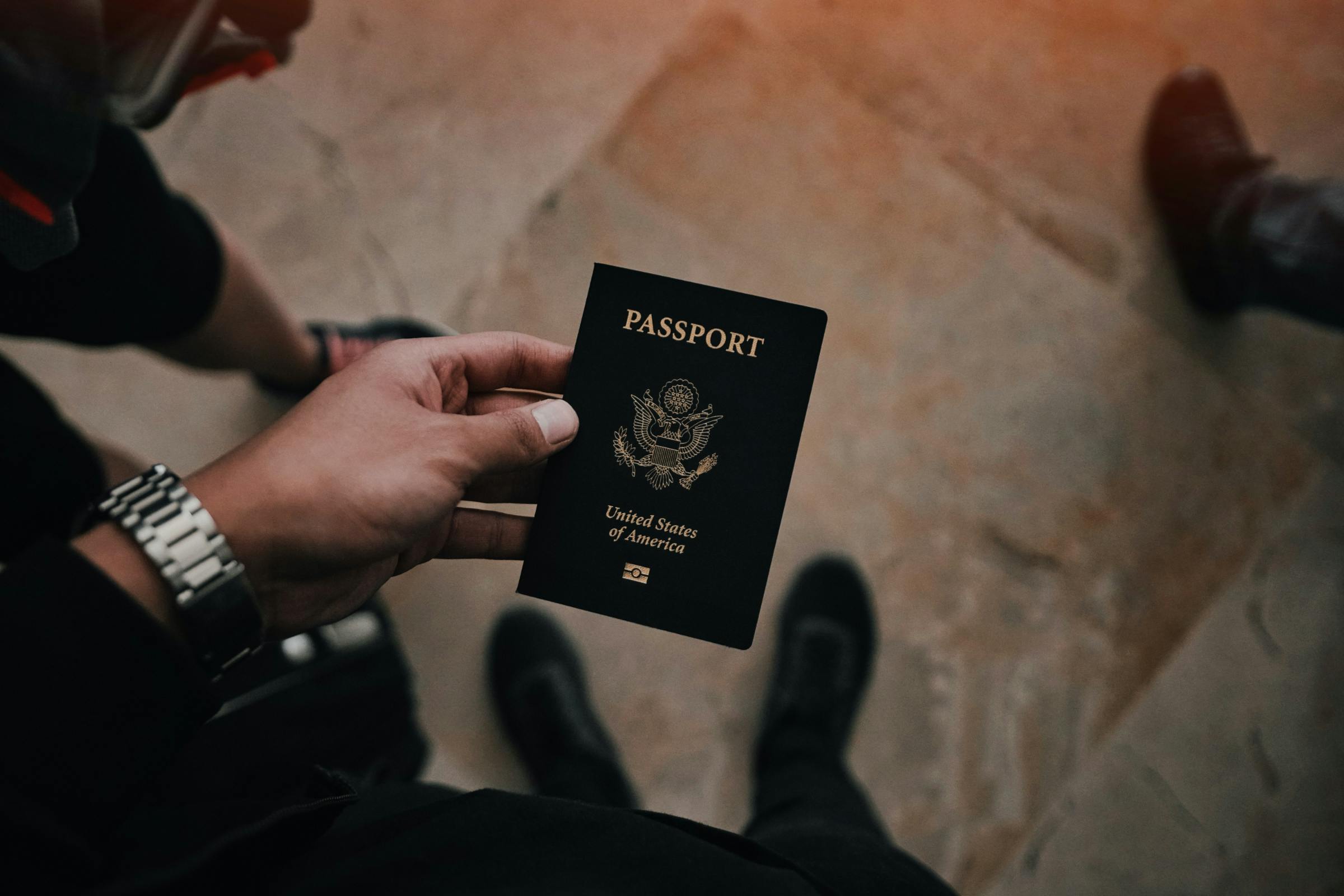Native-Born Citizens
In every country, those born within its borders are provided with a birth certificate. This document acts as proof of citizenship throughout your life. In the US, the borders include Guam, Puerto Rico, and the US Virgin Islands. There are some exceptions, such as children born to foreign diplomats, but for the most part, this rule holds true.
Children born abroad when both parents are US citizens are also considered native-born citizens. Provided at least one parent lived in the US during their lifetime, the baby receives a record of birth abroad, registered with the closest US embassy or consulate. This acts as proof of citizenship, but the child can receive a passport to have this status officially recognized.
However, if only one parent was a US citizen, other requirements must be met for the child born abroad to receive the same designation. At least two of the standard five-year US residency must have been after the parent’s 14th birthday, and the citizen parent must have lived in the US for at least five years before the child’s birth.
Note: These regulations apply to anyone born November 14, 1986, or after. Those with birthdates before that date are considered US citizens if their US citizen parent lived in the US for at least ten years, with five of them occurring after their 14th birthday.
Naturalized Citizenship Via the H-1B Visa
If your birth doesn’t qualify you as a US citizen, you may go through the naturalization process to receive this status. You’ll receive a Permanent Resident designation, often called a Green Card or Alien Registration Card.
Your time as a Permanent Resident starts taking effect the date you were given permanent resident status. This is the date is on your Permanent Resident Card (formerly known as Alien Registration Card). But to get to that stage of your journey, you must first get into the US on a temporary basis, and that’s where the H-1B visa enters the scene.
The H-1B category is designed for specialty occupations, so you must have a bachelor’s degree or higher. If you possess the skills to do the work of a specialty job, a US employer can extend a job offer your way. There are hoops and hurdles they have to jump through first, but when everything falls into place and you receive the H-1B visa, you’re legally allowed to live and work in the US.
Unlike most other visa categories, the H-1B permits the holder to seek permanent residence status while living in the States. Should you decide that your ultimate goal is US citizenship, you have an initial three-year period to start the process by filing for your Green Card.
This is challenging, and it can take years before a Permanent Resident number becomes available. Work with an immigration attorney to ensure you aren’t delaying your journey by completing paperwork wrong or creating other issues.
Although the process is time-consuming and cumbersome, the good news is that once you have proof that you’ve filed for a Green Card, your visa remains in status until you hear the final response. So, although your H-1B visa is only valid for three years with an optional three-year extension, you won’t be deported, and you don’t need to return to your home country quite yet.
Because the H-1B visa is family-friendly, too, this means your spouse and dependent children can come to the US and stay with you. Once you receive your Permanent Residence status, you can apply for theirs, as well.
From Green Card to Naturalization
You should note that a Green Card does not make you a US citizen. It permits you to stay in the US “permanently,” with a review of your case every ten years. The naturalization process is required to become an actual citizen with all the rights of a native-born US citizen, such as the right to vote.
The naturalization process is a combination of ten steps that determine your eligibility to receive American citizenship. These steps include completing an application for naturalization (Form N-400), submitting your form online, taking the US Naturalization Test, and a personal interview, among others.
What’s Next?
Is American citizenship one of your dreams? If so, we at Visa2US want to help you get started on the road to achieving that goal. Contact us to see if you qualify for an H-1B visa, how to find employers willing to sponsor you, and much more.
Our friendly, professional legal experts are available 24/7 and ready to guide you through your H-1B process. Call or message us today!














